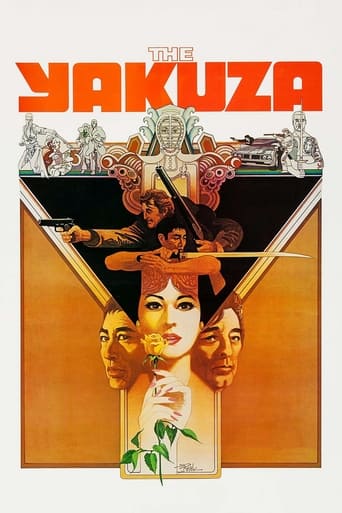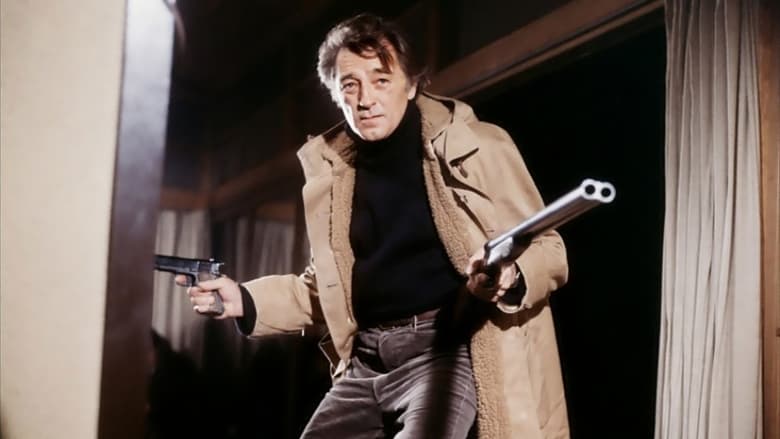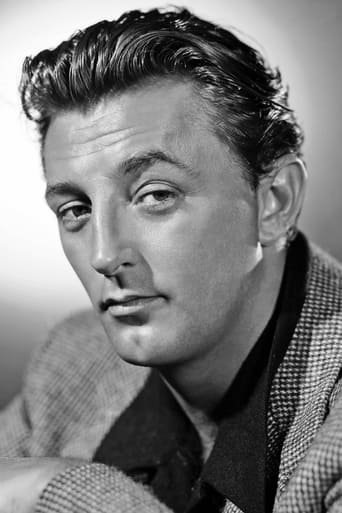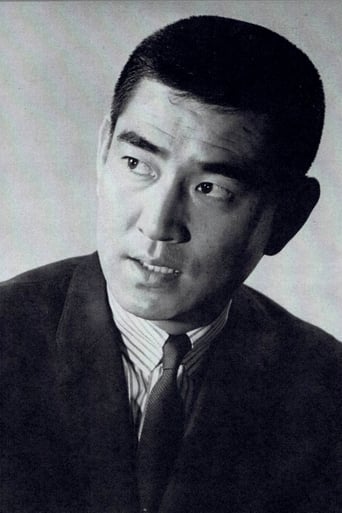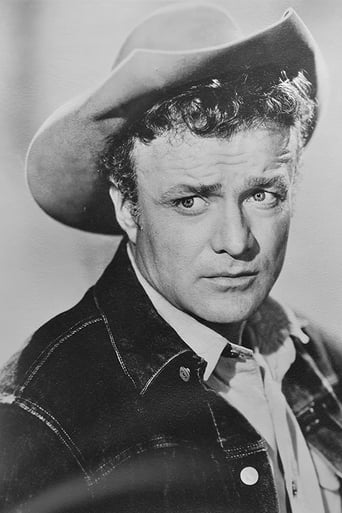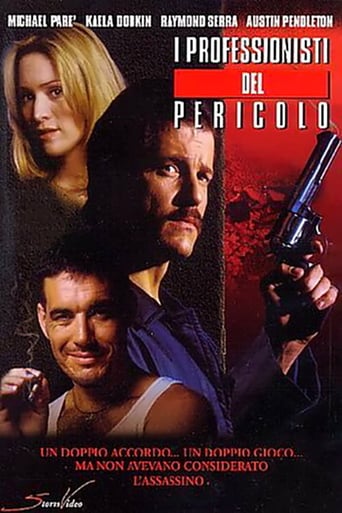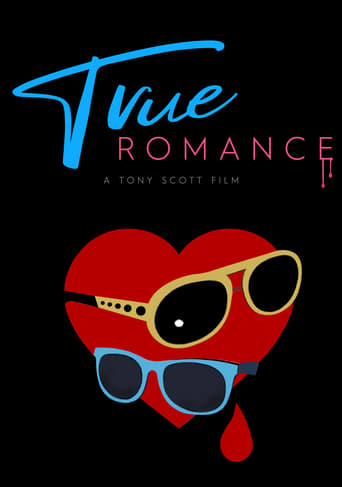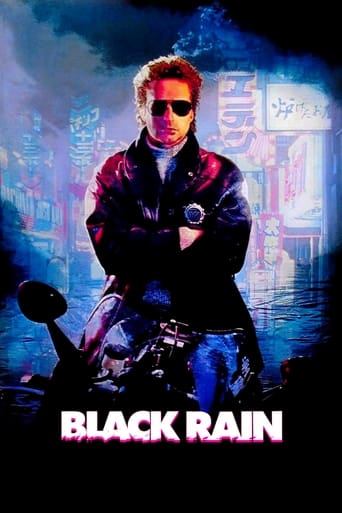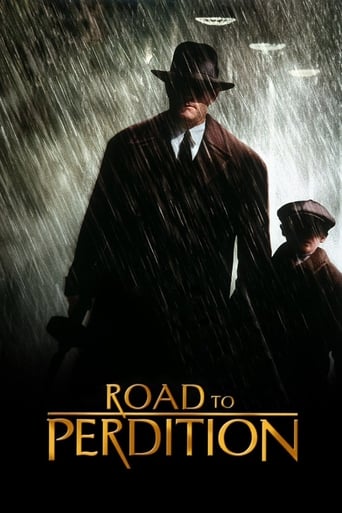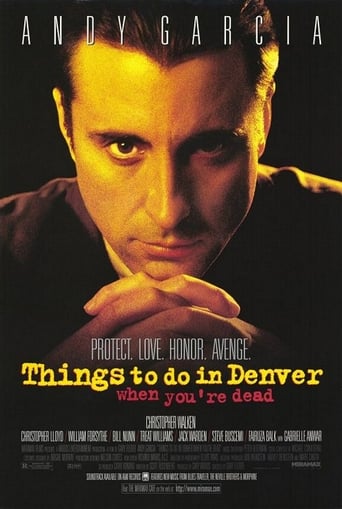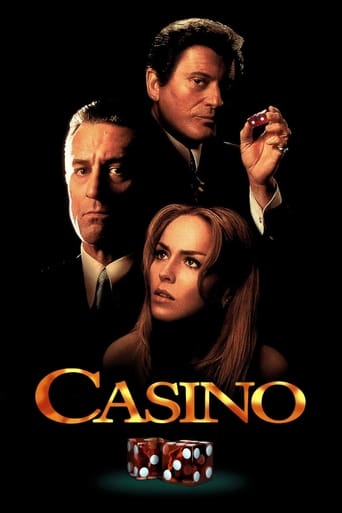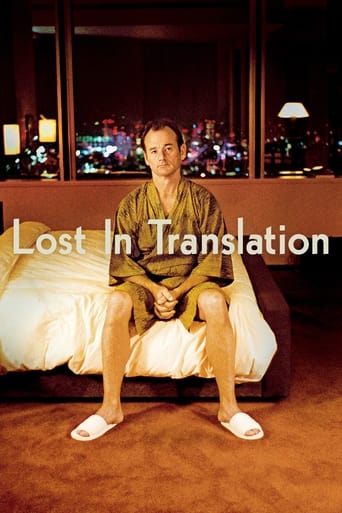The Yakuza (1975)
Harry Kilmer returns to Japan after several years in order to rescue his friend George's kidnapped daughter - and ends up on the wrong side of the Yakuza, the notorious Japanese mafia.
Watch Trailer
Cast


Similar titles
Reviews
I've got little to say other than I am a movie buff and This may be the best movie I have ever seen. Oh, I have been watching movies for 60 years. Just in case someone thinks I haven't seen anything.
Like the highly acclaimed "The Godfather," released two years earlier, "The Yakuza" takes us into an exotic milieu dominated by honor, ritual, and violence.Mitchum is Harry Kilmer, once part of the occupation army in Japan, who had a girl friend, Eiko. Mitchum's friend, Brian Keith, owes the Mafia -- I mean the Yakuza -- a lot of money that he doesn't have, and the Yakuza have kidnapped his daughter and are holding her until payment is made. He begs Mitchum to return to Japan with a young companion, Richard Jordan, and see if he can straighten things out.In Japan, they seek out an ex Yakuza member, Ken Takakura, known as "the man who never smiles." At the moment he's teaching kendo -- that where masked opponents bat each other over the head with sticks -- and making zen-like statement. "Do not expect to win. Do not expect to lose." Takakura is honor-bound to never take up arms of any sort against the Yakuza but things get complicated, too complicated to explain in detail. If you liked "The Godfather," you may like this, although the plot is more sketchy and the characters less human. There are family intrigues, yes, but we don't get to see them at familiar tasks like gobbling down spaghetti. Sidney Pollack is not Francis Ford Coppola.The film is rather slow and detailed, interrupted by bursts of outrageous brutality. The final shoot out, or slice out, has everyone splattered with blood but it's not as shocking as the shootings in "The Godfather" movies.I rather enjoyed it, despite its overall depressing quality. It's winter in Japan, cloudy and dark, and so is the imagery. And self-amputation adds little verve to the goings on. It's worth seeing, though, because the social setting really IS alien to Americans. When the Japanese cut something with a knife, they draw it towards them. They drive on the wrong side of the road. Their screws tighten in the wrong direction.They're shamefully honest. An acquaintance of mine, while in the Navy, visited a Japanese bawdy house. When he left, he was halfway down the street when one of the girls came running after him, shouting, and waving the wallet he'd forgotten.Put THAT in your pipe and smoke it, Yank!
I am writing this as a lifelong movie fan, a great admirer of Sydney Pollack's skill at directing everything from the genres of "Jeremiah Johnson" to "Tootsie" to "Out of Africa," someone with a graduate degree in Japanese psychological anthropology from Sophia University, Tokyo, and someone who lived in Japan for 30 years. A cheesy gaijin's (外人の)impression of Japan, "The Yakuza" is chock full of stereotypical things and scenes one will never see in Japan due to strict laws, heavy law enforcement, and the astronomical price of real estate in urban Japan. Immediately after World War II, the Japanese firearm and sword law effectively prohibited the private ownership of both guns and swords. Yet, in "The Yakuza," Herb Edelman's house in Kyoto is an arsenal of swords and firearms openly displayed on the walls. He owns even more guns hidden in drawers. Without any visible means of support, Herb Edelman owns a house in the Kyoto area that is financially impossibly spacious and full of items, such as a huge "Japanese lantern" that looks like he stole it from a shinto shrine. "Gaijin," written 外人 in kanji, is the term that Japanese people colloquially (and rather insultingly) use for "foreigner." It is composed of two characters that literally mean "outside person."
This film opens with a helpful definition of its title. But, being short and to the point, a good translation for "The Yakuza" would be "The (Japanese) Mafia". Retiring detective Robert Mitchum (as Harry Kilmer) is called by full-haired friend Brian Keith (as George Tanner) because the latter's daughter Louise has been kidnapped by "The Yakuza". The men joke about their advanced years and travel on separate planes, to avoid looking suspicious. Arriving in Japan, Mr. Mitchum seeks help from old friend Ken Takakura (as Tanaka Ken), who reportedly gave up the gangster lifestyle. Also involved is Mitchum's still young and beautiful old girlfriend Keiko Kishi (as Eiko)...Accompanied by tender narration, Mitchum visiting his former Japanese girlfriend at "Kilmer House" is a high point for director Sydney Pollack and the crew, in this otherwise numbing gangster epic. The scene ends on an obvious and sour note, when we get a hint about her hiding a dark secret...The most beautifully staged and photographed (by Okazaki Kozo) scene occurs with Mitchum and young bodyguard Richard Jordan (as Dusty) at a Japanese bath. This sequence manages to be both beautiful and gruesome. Other scenes are notable for their violent content, which even make hard-nosed Mitchum wince several times. Most of the time, Mitchum and Takakura speak clearly and trade steely-eyed stares. The setting helps, but maintaining interest is difficult after Mr. Jordan and Christina Kokubo (as Hanako) exit the story. The young couple has surprising appeal and re-writes giving them more time on screen together would have been a good idea.***** The Yakuza (1974-12-21) Sydney Pollack ~ Robert Mitchum, Ken Takakura, Richard Jordan, Brian Keith

